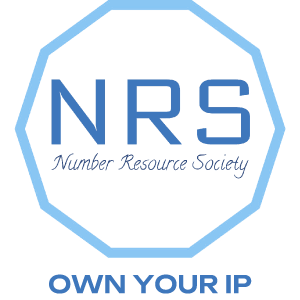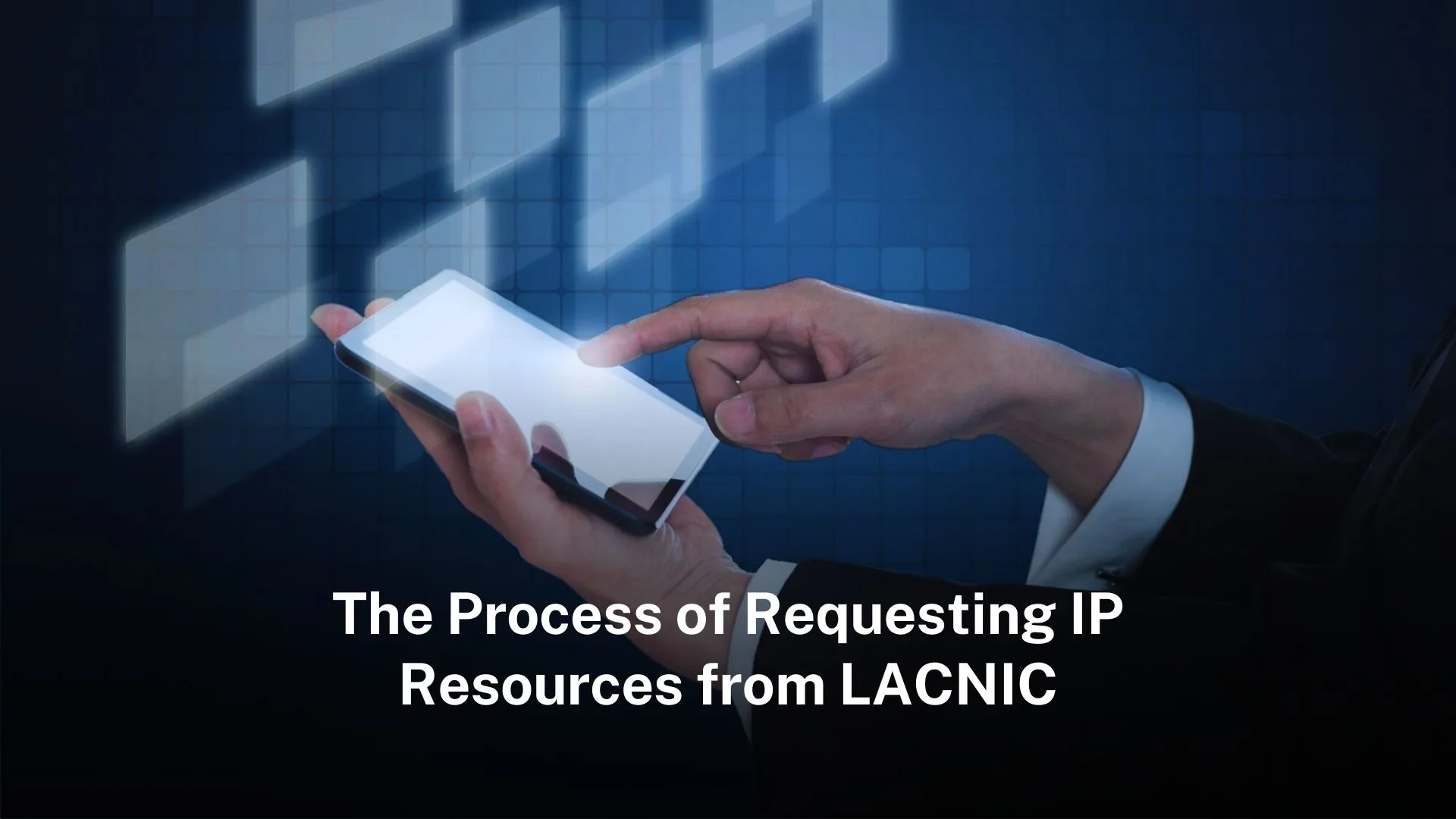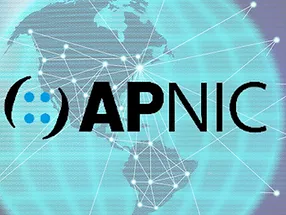Importance of IP Addresses for the Internet
IP addresses are very important for the internet because they allow devices and networks to connect and send data to each other and every device that wants to join a network needs a unique IP address so that it can communicate with other devices and servers and without them it would be impossible for websites, servers, and users to interact and work together in a network.
LACNIC’s Role in Latin America and the Caribbean
In Latin America and the Caribbean, LACNIC is the organisation that controls these addresses and it decides who gets them and how many addresses they can have so that the system stays fair and organised and every organisation can get the resources it needs. LACNIC also gives out Autonomous System Numbers, which are needed by companies and internet providers to manage the routes between networks and all of this is done following rules that come from global organisations like ICANN and NRO so that the regional internet works with the same standards as the rest of the world.
Why Planning and Preparation Are Necessary
The process to ask for IP addresses is clear but it needs planning and preparation because organisations must show that they can manage the addresses and that they really need them and this is very important for Internet Service Providers, companies, schools, universities, and other organisations that want to run networks safely and grow them over time and every step is meant to make sure that addresses are used efficiently and not wasted.
LACNIC’s Work Beyond Allocations
LACNIC’s Role in Managing IP Addresses and ASN in Latin America and the Caribbean LACNIC does more than just give out IP addresses and it also keeps a public database called WHOIS where people can see who owns which addresses and it manages reverse DNS services and it monitors that organisations follow rules so that the addresses are not misused and this makes the internet in the region safe and organised. Organisations need to understand what LACNIC does so they can prepare the right information and give proper plans for how they will use addresses and how they will follow rules and this helps the request go more smoothly.
Workshops, Meetings, and Community Support
LACNIC also helps the community by holding workshops, discussions, and meetings and organisations can join these events to learn more about policies and network management and by joining these activities they can prepare better for their requests and they can also learn about new rules before they are officially applied. Understanding LACNIC’s work and its responsibilities also helps organisations know what documents they need to provide and what reports they may have to submit after getting IP addresses and it also helps them know how to communicate with LACNIC staff if there are questions or problems during the application process and this communication is important for fast and correct processing of requests.
Eligibility to Request IP Addresses
The Process of Requesting IP Addresses from LACNIC The first thing organisations must do is check if they are allowed to request IP addresses and they must be located in Latin America or the Caribbean and they must show that they have the technical knowledge to manage the addresses because LACNIC wants to make sure that the addresses will be used correctly and not wasted. Organisations need to prepare documents showing how many addresses they already have and how many they will need and they need to make network plans showing how the addresses will be used and they should show if they have growth plans for the future because LACNIC checks that organisations are asking for the right amount of addresses based on actual need. For Internet Service Providers, LACNIC usually checks that at least 80% of their current addresses are already being used before giving more and this rule helps prevent organisations from keeping too many addresses and wasting them. End users like companies, schools, and universities also need to explain why they need more addresses and how they will use them because LACNIC wants to make sure that addresses go to people who need them and this process helps save addresses for other organisations and makes the network more efficient and stable.
Using the myLACNIC Portal
After eligibility is confirmed, organisations must register on the myLACNIC portal and this is where they send their request and give updates on their information and talk to LACNIC staff and it is also the place where they can manage their existing addresses and it is important to fill in the registration form completely because missing information can slow down the process and they need to give company details, contact details, and network plans.
Requesting IP Addresses and ASNs
After registering, organisations can send a request for IP addresses or Autonomous System Numbers and LACNIC treats requests from Internet Service Providers and end users differently and ISPs usually ask for bigger blocks because they need to give addresses to their customers and end users ask for smaller blocks because they need them only for their own systems and each request must explain why the addresses are needed and must give details on current usage and plans for the future. Organisations need to provide clear and correct information because unclear or wrong information may cause the request to be delayed or rejected and showing complete and accurate plans helps LACNIC understand the needs and approve requests faster.
Review and Allocation Policies
When LACNIC receives a request, it reviews all the details and it checks current address usage and projected growth and it looks at whether the organisation follows the slow-start policy for IPv4 addresses and the slow-start rule gives new ISPs only a small number of addresses at first and they can ask for more after showing that they are using the first ones efficiently and this helps save the limited IPv4 addresses for others and ensures that addresses are not wasted. IPv6 addresses are more available because there are many more of them but organisations still need to explain how they will use them and give network plans and deployment details. LACNIC may ask for more information if the request is unclear and organisations need to respond quickly and give all requested documents and clear communication makes the process faster and more successful and showing complete and correct information helps LACNIC make fair decisions for all organisations and ensures that the addresses are given to those who will use them properly.
Approval, Denial, and Next Steps
If LACNIC approves the request, the organisation receives the addresses and guidelines for how to use them and they may need to report on usage over time and allocations usually last for a fixed period and organisations need to follow the rules during that time. If the request is denied, LACNIC explains why and suggests changes and organisations can fix problems or give more information and send the request again. Organisations should also take part in LACNIC workshops, meetings, and discussions to learn more about policies and best practices and this helps them manage addresses correctly and keep their networks safe and stable and organisations that follow rules also help other organisations because they save addresses and make more available for others. Participation in the community helps organisations know about new policies before they are applied and helps them plan network growth and adopt best practices for management.
Responsibilities of Organisations with Allocated IPs
Organizations to which LACNIC assigned IP addresses, have many obligations and responsibilities, and need to efficiently use their IP addresses, report on usage and return addresses that they do not plan to use. They need to engage in discussions and workshops on policy matters and learn other things because this helps organizations understand compliance. It also promotes the safe growth of the internet of the region and allow it to stay organized. Also, compliance helps other organizations obtain necessary addresses that are limited. Organizations that engage positively with the LACNIC community also get trained on rules on knowledge and sharing with others. Engaging in discussions and compliance countries to improves the stability and growth of the internet in the region, as well as ensure that the organization is ready for future users. All of these activities contribute positively to appropriate management of IP addresses.




Hiya very nice website!! Man .. Beautiful .. Amazing .. I’ll bookmark your site and take the feeds also?KI’m glad to find a lot of useful info here within the publish, we’d like develop extra strategies in this regard, thank you for sharing. . . . . .